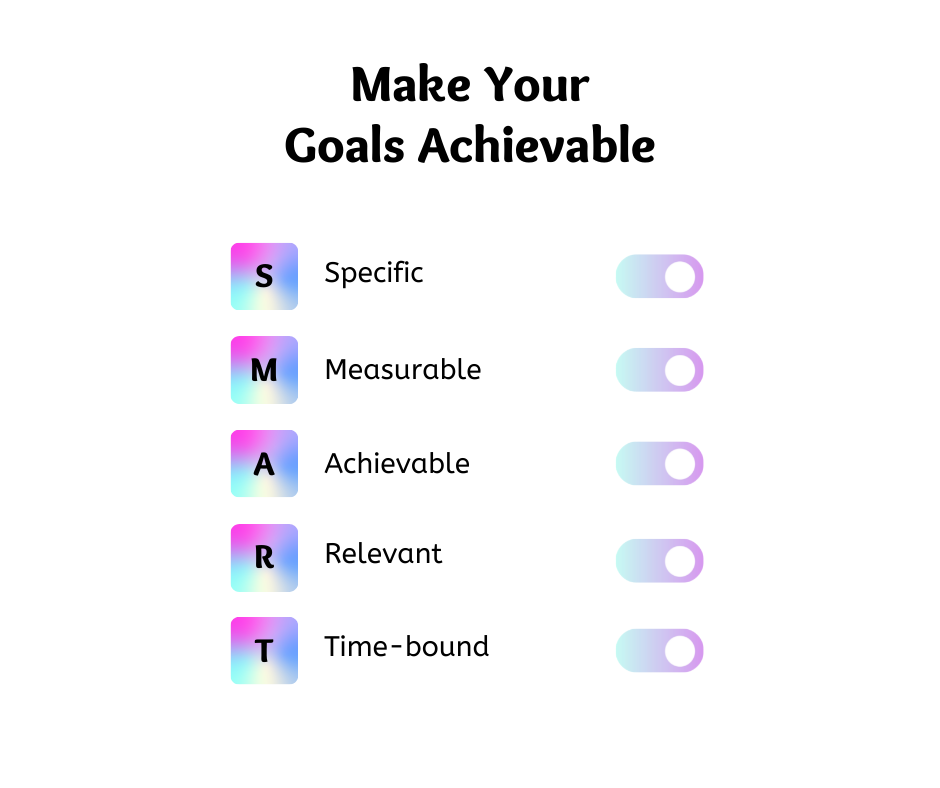
Have you ever set a New Year’s resolution to lose weight, workout more, or eat healthier? How did it go? Did you wake up on January 1, clean out all “junk food” from your kitchen, do a huge grocery shop of “only healthy food” and then hit the overcrowded gym?
By the end of January, you can’t remember why you decided to start in the first place? As a fitness professional, I have seen this pattern time and time again – January 1 comes around and you feel this pull to change everything to do with your health at the same time and then when it gets hard (because it will) old habits start to creep back in.
80% of people fail to keep resolutions. That’s a staggering number. And roughly 55% of resolutions are health related like losing weight, eating healthier, or quitting smoking. Resolutions are decisions to do or not do something. This is one reason why resolutions fail. You resolve to stop doing something that you view as bad and when you slip up, you often give up.
Resolutions are too broad and lack a plan. Saying, “I will workout more this year” doesn’t actually explain the who, what, where, when, and how of it. How often are you going to workout? For how long? What kind of workout are you going to do? Where are you going to workout? How do you know when you’ve achieved your resolution to “workout more”? After one week, one month, or one year?
Resolutions are (usually) vague, so you actually have no idea how to measure whether you’ve succeeded or not. Instead, I suggest setting goals. Aim to work towards an achievement rather than resolve to stop doing something that’s “bad” – it’s a more positive way to approach it.















